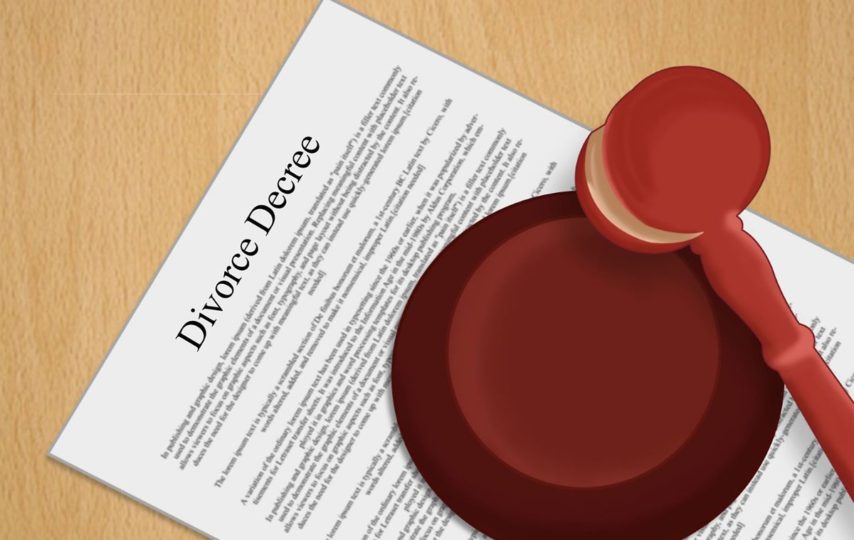“Are you each emotionally ready to mediate your divorce?” I frequently ask clients when they come in for a divorce mediation consultation. “Well, yes,” they must be thinking, “but why else would I be here?”
In actuality, the question means more than you’d believe. Some clients agree to mediate their divorce for various reasons. The vast majority of our clients feel that mediation is a much superior method to end their marriage because it gives them greater control over the conclusion.
A significant number of parents have children who are at risk for emotional, behavioural, and educational problems. They must be concerned about their kids’ mental health as well. Many families are not sure how to proceed after the loss of a loved one because they do not know what occurred in their child’s life before or during the death. A parent’s will
Some people choose to save money as the primary or focus objective of divorce mediation. Naturally, most individuals seek the cheapest approach to go about their tasks.
Some people may use the mediation process as a means of “getting back” at their soon-to-be ex-spouse for years of what they consider to be wrongdoings or even the cause of their split.
When it comes to divorce mediation, the most successful marriages are those who have made a decision and are emotionally ready to move on, despite their continuing feelings of conflict. They choose to control their passions and focus on the future rather than wallowing in nostalgia or dwelling on the past.
What if One of the Spouses Needs More Time?
“Being emotionally ready to mediate my divorce makes sense,” you may be thinking. “But how do I get there?”
This is a good question, and there is no “one-size-fits-all” solution.
We also understand that many divorce situations involve couples who are at different stages in their journeys. One partner may have decided to divorce long ago, while the other was blindsided. One spouse might be in a relationship with someone else and ready to start a new life, while the other is still in shock and denial.
When a couple prepares to divorce and one spouse needs time to come to terms with the break-up, it’s natural for the other spouse to feel anxious about their future. While this is an extremely distressing time for both spouses, particularly if children are involved.
It’s perfectly fine for one spouse to need more time before they’re emotionally prepared to start divorce mediation. Even if you wait an extra month or two, you’ll be able to complete your divorce through mediation faster and for far less money than if you take the conventional litigation path.
The idea is that if both spouses need more time to emotionally prepare for mediation, it will be worth the wait because you’ll have a far better chance of reaching a constructive, considered resolution.
Preparing Emotionally for Divorce Mediation
Adopting the appropriate mentality for success in any circumstance is often a matter of putting yourself in the proper frame of mind. Consider an athlete who has lost one or both of his parents but decides to play regardless and helps his team to victory.
There have been several examples of athletes who have done precisely this, but there are others who were not emotionally prepared to resume play after losing a parent. This ties in with our earlier discussion about the need for time to mourn, work things out, and seek counselling.
If you’re at the point where you’re working things out and believe you’re emotionally prepared for divorce mediation, here are some pointers to help get you ready:
Agree to Mediate: Even if a person simply agrees to mediate their divorce, concentrating on a good outcome rather than conflicting emotions, may be beneficial. The mediation is entirely optional. Everyone’s attention then shifts to seeing it through and achieving an equitable settlement once both spouses have agreed to participate.
Determine What You Have Financially (Assets and Possessions) as Well as How You View Your Parental Relationship With Both Yourself and Your Spouse to Your Children, Then Establish Some Goals for How You Want These Issues to Be Resolved.
Consider the things that are “must-haves” versus the things that are in the category of “it would be nice to have.” If you can’t have these talks without causing a stir, put them off until mediation arrives. An encounter divorce mediator will guide you through this process in a helpful way.
Consider the Impact on Your Children: We can’t emphasize enough how vital a peaceful and workable divorce settlement is for the sake of your children. Divorce is never easy on children, but you may minimize the negative influence by agreeing to be polite around them and not to criticize their other parents.
Consider also that, though divorce is never a desirable outcome
The parents’ reaction to the divorce, as well as how they handle it, has a significant impact on how the children react. The less conflict and upheaval there is in the family environment, the better-prepared kids will be to deal with this shift in family dynamics.
Determine if In-Person or Virtual Mediation Is Right For You: COVID-19 still haunts us, prompting more couples to choose virtual mediation, which may be completed remotely. Some clients, however, preferred this approach before the epidemic because they have a hectic travel schedule or are more comfortable not being in the same room as their spouse
Take your time: It is critical to note that the issues you are focusing on during mediation do not all have to be resolved in a single meeting. If you and your spouse are at an impasse about anything, that’s fine. Sometimes it’s best to sleep on things, think about them, and return later to talk about them.
If you’re looking for family mediation services, why not check out Wilson Brown





